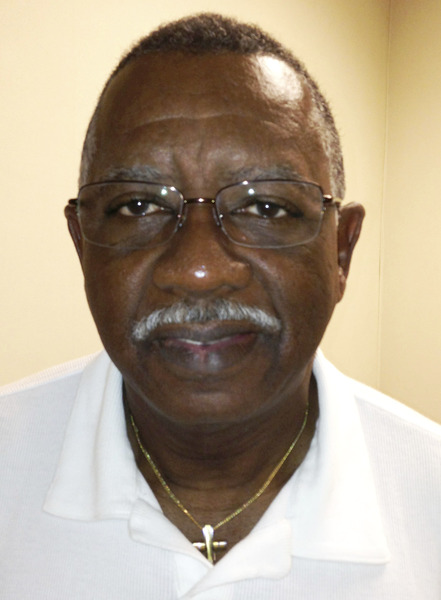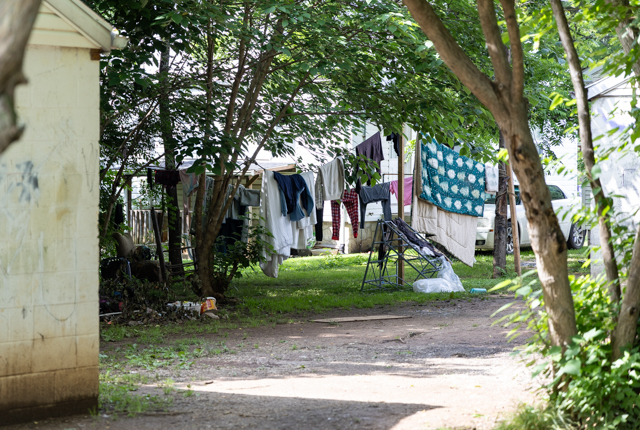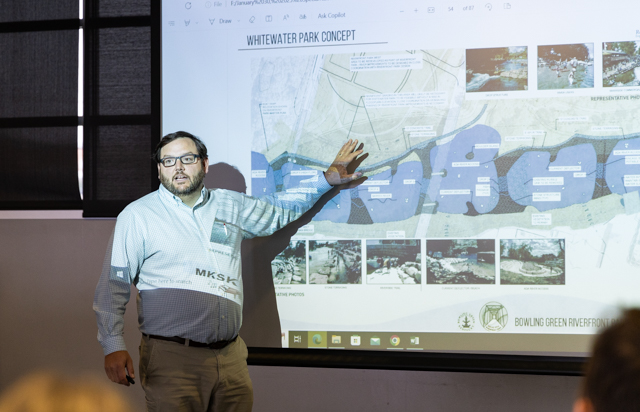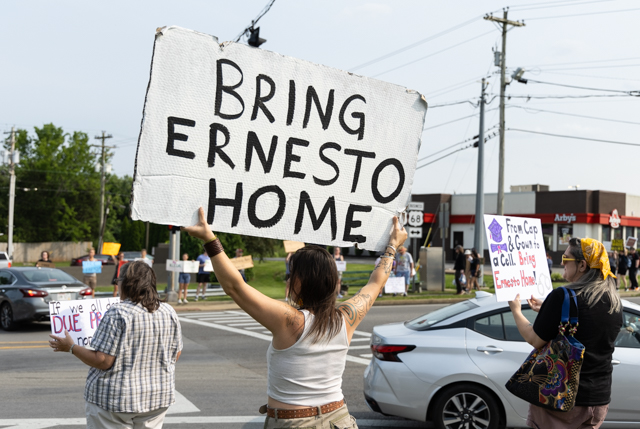Work toward civil rights was ‘spiritual movement’
Published 11:24 am Wednesday, August 28, 2013

- Harrison
Cardine Harrison was a 17-year-old high school senior in Birmingham, Ala., in 1963 when he decided that he needed to become involved in civil rights movement demonstrations in his hometown.
When demonstrations began, Harrison, now 67, said he needed to be part of efforts to fight discrimination and segregation, both of which were painful parts of the America he knew.
The second oldest in a family of eight children, Harrison said his parents feared for him, but they didn’t stop him from being involved.
“I guess I was the strong-willed one,” he said. “ … I didn’t have any fear, so to speak, because I was so angry, couldn’t change anything.”
He was the only member of his family to take part. His older brother was in the military at the time, and his mother wouldn’t allow his younger siblings to participate in demonstrations, Harrison said.
“I had to do something to bring about a change,” he said. “I’d seen too many incidents that hurt me too much because of segregation.”
Things like seeing his mother forced to call young children “master” helped spur Harrison to take action to promote change.
He recalled one incident where a white traveling salesman was in his home speaking with his mother. When Harrison tried to speak to his mother, the salesman kicked him. There was nothing his mother could do, he said.
In Birmingham, there were separate water fountains, segregated buses and restaurants that would sell food to black people only out of their back window, not inside, he said.
“I experienced (discrimination) everywhere I went outside of our African-American neighborhoods,” he said.
That reality created animosity against those who were responsible for discrimination and segregation, Harrison said.
“As long as there was nothing negative said to myself, or any direct comments or action, I could live with it, but there were so many situations where, when you encountered a white person they would actually belittle you, call you the N-word,” he said.
Harrison walked three to four miles to get to school because he couldn’t afford to pay the fare for the city bus that other children rode.
White children would call him names, shout obscenities and throw things from the bus as they passed by on their way to school, he said.
One of the events that Harrison took part in was a march that led to his arrest and incarceration for five days with a host of other demonstrators in the spring of 1963.
The march took place soon before Martin Luther King Jr. wrote the Letter from Birmingham Jail, he said.
Harrison was trained with others on how to march and demonstrate in the basement of the 16th Street Baptist Church in Birmingham. Participants were told to walk and sing in a two-by-two formation.
As teenager, Harrison used to carry a knife, but all participants were asked to hand over weapons or any sharp objects before the demonstration in an effort to prevent an escalation into violence.
“I think they had probably a suitcase full of them,” he said.
As Harrison and the other demonstrators marched, Theophilus Eugene “Bull” Connor, commissioner of public safety for Birmingham, was waiting with school buses on the north side of the city. Participants were loaded onto buses and transported to the jail on the south side of the city.
A large group of teenagers, adults and children were dropped off in front of the jail that day but were not immediately arrested, Harrison said.
“They expected us to just walk away and not stay there and be arrested,” he said. “So we stayed in the front of the jail until nightfall, and at nightfall they opened the doors and started putting us in the cells.”
The object was just to break up the demonstration, but protestors insisted on being arrested, Harrison said.
Harrison said he was lodged with about 500 people in a cell designed for 50. He stayed there for the next five days. They slept on the floor because there weren’t enough bunks, he said.
Entertainer Dick Gregory was among the people incarcerated with Harrison. “He’s one of my heroes, along with Harry Belafonte,” Harrison said.
Gregory, along with Belafonte – an actor and singer – put their careers on hold to fight injustices in the country, he said.
During the time he was incarcerated, Harrison said at one point a guard was beating one of the prisoners. The people in Harrison’s cell became so upset that they started shaking the bars of the cell.
“They started shaking the bars and almost tore them down until Dick Gregory stopped us,” he said. “He started telling us jokes – he was a comedian – he started telling us jokes to calm us down and not to incite a riot. He wanted to make sure that we stayed nonviolent while we were arrested.”
Tensions ran high during the five days of Harrison’s incarceration. The prisoners didn’t fight, Harrison said. He wore the same clothes for five days and didn’t shower.
“If you lived under that environment for that length of time, and nothing seemed to be changing, you would sacrifice a lot just to make a change and bring about a change because things couldn’t get any worse,” he said. “We were already at the bottom.”
The nonviolence of demonstrations was possible both because of the spiritual nature of the protests and because of the strength that participants had developed after years of facing discrimination and hatred, he said.
“So we continued that strength during the demonstration,” Harrison said. “It’s not that we didn’t want to fight back, it’s that we’d lived under this oppressed condition for so long that we were stronger, strong enough to at least pull through that.”
He said the leaders of the movement, many of whom were also religious leaders, helped prevent demonstrations from becoming violent.
“The movement was a spiritual movement,” he said. “It wasn’t just individuals.”
Harrison left Birmingham for St. Louis four days after graduating from high school in 1964. He attended community college there.
When he returned within the year, things had started to change in the city, Harrison said.
“When I returned, we were seeing some of the police force actually start hiring blacks,” he said.
In 1966, he was drafted and went to Vietnam. He served in the military from 1966 to 1968.
During that period, Harrison experienced great changes in his environment.
“For me, it was different,” he said. “My whole world was integrating.”
St. Louis, where he attended college, was a fairly integrated city and Fort Leonard Wood in Missouri was also integrated.
Those were Harrison’s first encounters with being around white people for any length of time. “I guess I actually learned more and more about being a citizen and feeling free,” he said of that period of his life.
Harrison has two daughters and has talked to them about his experiences in the civil rights movement. However, he said it’s hard to properly explain how he felt at the time.
“Unless they actually experienced it, they really can’t fathom what it felt like,” he said.
Fifty years after protests in Birmingham and Martin Luther King Jr.’s I Have a Dream speech in Washington, Harrison said he’s seen a lot of movement forward, but that movement seems to have stalled.
“Fifty years is a long time,” he said. “We have made a lot of progress, and it appears today that we are regressing.”
He said people don’t appreciate the opportunities they have and politicians are trying to rewrite laws in a negative way.
“Instead of the country working together, it’s pulling apart,” he said. “They’re just not cooperating together to create a better world.”






